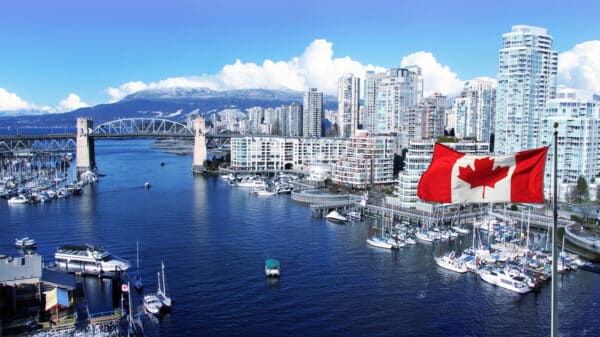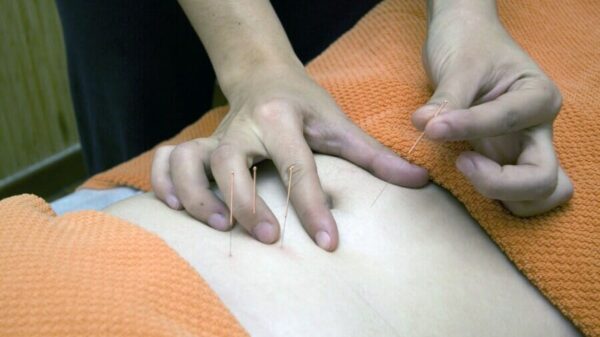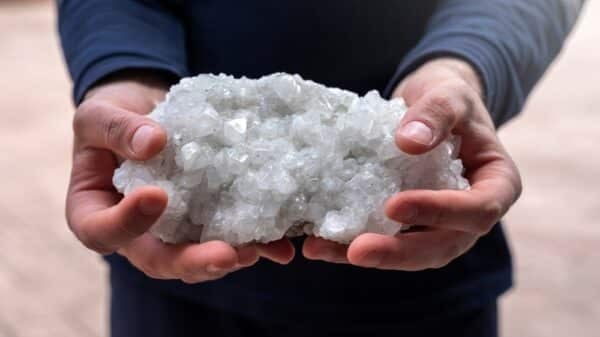Completing a triathlon is no small feat. You’ve pushed your body through a challenging combination of swimming, biking, and running, all while likely juggling a host of personal and professional responsibilities. Now that you’ve crossed the finish line, it’s time to pause and celebrate your achievement—but more importantly, it’s time to care for the extraordinary machine that just carried you through this athletic endeavor. So how do you ensure that your recovery from such an intense experience is as effective as possible? Here are seven actionable tips to guide you to a holistic recovery.
Jumping right in, let’s talk about one of the best things you can do for your body post-race: a refreshing ice bath. While a warm bubble bath might sound delightful after a race, cold water has distinct advantages. Immersing yourself in an ice bath right after finishing can help reduce swelling, alleviate soreness, and push lactic acid out of sore muscles. Don’t worry if the idea of climbing into an ice bath makes you shiver just thinking about it; just remember, it’s temporary and can make a world of difference. In general, aim to stay in the ice bath for no longer than 20 minutes—this will help your body transition from race mode and speed up those recovery processes.
Next up is refueling your body. Your muscles have just endured hours of intensive training, and it’s crucial to replenish what you’ve lost. Think of your post-race meal as a mission to revive your energy. Aim for a balanced plate filled with proteins and complex carbohydrates—the building blocks your body needs to bounce back. A simple yet effective choice could be a peanut butter and jelly sandwich; it’s surprisingly nutritious, offering carbs, protein, and fats all in one tasty package. Once your appetite returns, consider dishes such as grilled chicken paired with sweet potatoes and lots of vibrant veggies—these will not only refuel your energy levels but also provide essential vitamins and minerals.
Don’t forget, hydration is key to recovery too. After hours of sweating it out, many athletes overlook the fact that they’ve drained their bodies of fluid, so be intentional about replenishing your hydration levels. A common guideline is to drink two cups of water for every pound of bodyweight you lost during the race. However, it’s also crucial to avoid excessive hydration, which could lead to overhydration or even hyponatremia. Listen to your body; monitor your fluid intake and pay attention to the color of your urine—pale yellow is what you want to see.
Now, one aspect of recovery that can often be overlooked is giving yourself permission to take adequate rest days. The length and intensity of your race will ultimately dictate your recovery timelines. If you’ve pushed through a shorter race, aim for a good three days of rest, and then gradually get back into your routine. For those tackling longer events, like an Ironman, you may need four to five days of rest followed by several weeks of lighter activity. Your body will appreciate the time to heal instead of risk burning out or sustaining injuries.
It’s easy to get caught up in nutrition and physical recovery, but remember to consider the smaller details too. For example, if you wear contact lenses, your eyes deserve a little TLC after swimming in salt water. Experts point out that salt water can irritate your eyes, so make sure to soak your lenses in a sterile solution afterward. Your skin can also use some post-race love; take time to rinse off, exfoliate, and hydrate your skin with moisturizer to help rejuvenate and remove any dead skin cells.
Let’s not forget about your mental health. The mental grind of training and racing can take its toll, regardless of how physically fit you are. Once the race is behind you, prioritize activities that will help recharge your mind. Consider journaling about your race experience—reflect on what went well, what didn’t, and how you plan to tackle your next goal. Simply engaging in your favorite hobbies, meditating, or celebrating your success with friends can all contribute to a positive mindset as you recover.
Lastly, if you want to accelerate your recovery even further, don’t shy away from seeking help—specifically, consider booking a massage. It’s not just a pampering treat; massage therapy has real benefits for athletes by improving blood flow and delivering nutrients to those tired muscles. It can also reduce soreness and help prevent stiffness, keeping your body in fighting shape for your next race.
Recovering from a triathlon is just as vital as the training leading up to it. The choices you make during this period can impact your performance in future races. Listen to your body, honor its needs, and allow yourself the time and space to heal completely. And remember, you don’t have to go through this alone; forming a local triathlon group can offer shared experiences and insights to enhance your recovery journey. Celebrate your amazing accomplishment, take care of yourself, and know that you’re already on the path to your next victory.
Image Source: Michele Ursi / Shutterstock
































